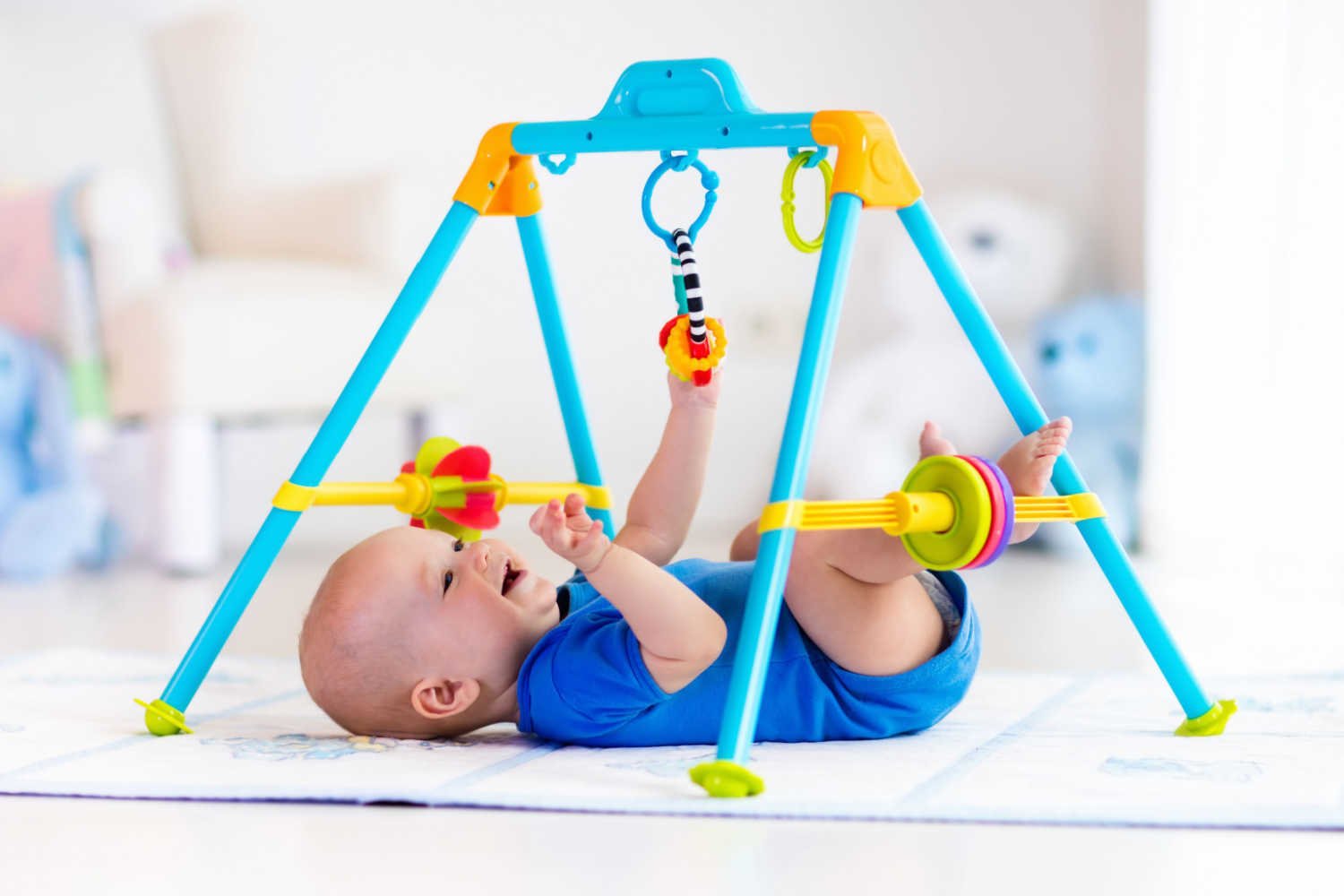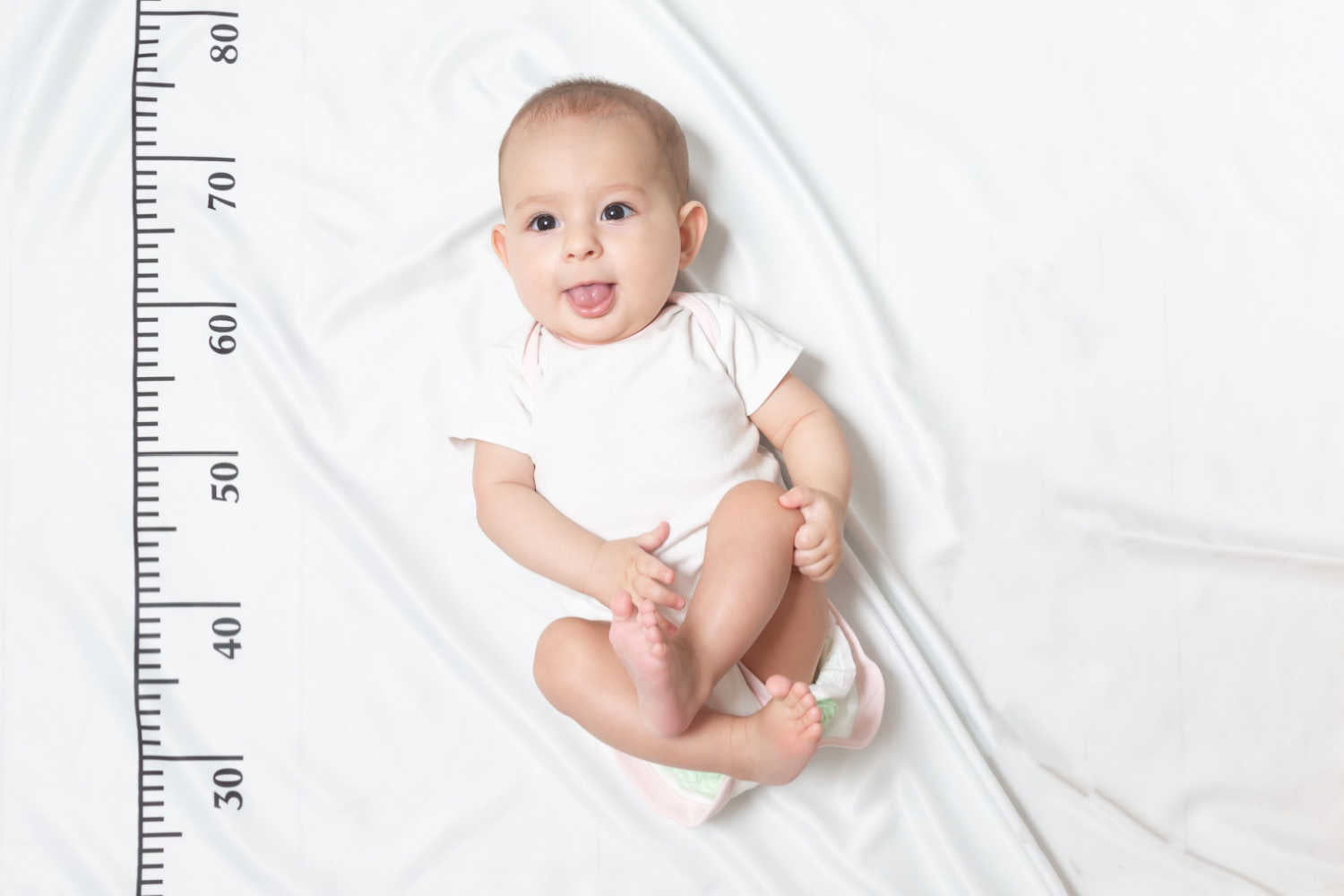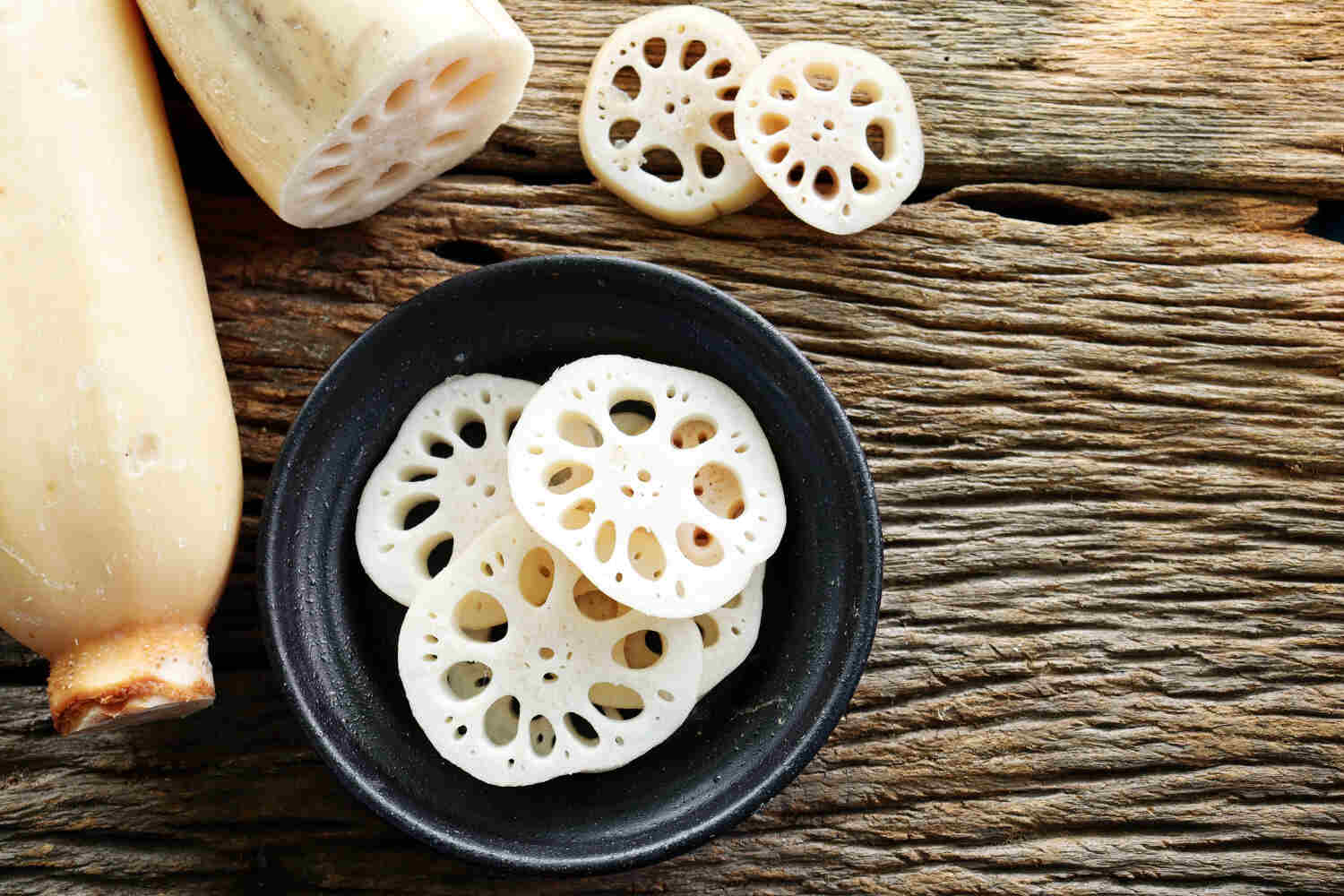
Vitamin & Iron Supplements for Babies
6 min readWritten by Gunjan Bedi


With the birth of the newborn crawls in the responsibility and duty of providing a properly scheduled dosage of vitamin and iron supplements for babies. But is it the same with all the new parents and new babies? Or are there exceptions to this case?
As a budding parent or a second-time parents-to-be, you are required to spare a bit of your precious time, to comprehend the in-depth information on this subject, as discussed here below. Let’s read.
In This Article
- Do All Babies Need Vitamin Supplements?
- Do Breastfed Babies Require Vitamin And Iron Supplements?
- Do Formula Milk-Fed Babies Need Vitamin and Other Supplements?
- What is the Difference Between Vitamin D Drops for Babies and Vitamin D3 Drops for Babies?
- Iron Supplements For Babies
- When are Iron Supplements Required in Babies
- Age-Wise Dosage of Iron Supplements
- Dietary Guidelines for Proper Intake of Vitamin B12, Vitamin K & Iron
Do All Babies Need Vitamin Supplements?
If you have or had a healthy baby delivered, and you breastfeed the baby, then the good news is that your child receives most of the essential nutrients from the mother’s milk itself. But as you know, exceptions are always there. So lets, dive into this world of exceptions to learn which babies necessarily require supplement support:
- Premature infants or underweight infants.
- Newborns who are partially breastfed at the time of birth or are exclusively given mom’s milk at birth require vitamin B12 and vitamin D supplements for babies.
- In case the mother suffered from poorly controlled gestational diabetes.
- The mother is thiamine deficient.
- She is vitamin C deficient.
- The mother is vegan.
- Babies have very limited exposure to sunlight.
- In case the mother has vitamin D deficiency.
Do Breastfed Babies Require Vitamin And Iron Supplements?
Undoubtedly breast milk is considered to be the most appropriate diet for infants. And why not? After all, mother’s milk holds in itself the most essential nutrients needed for the growth and development of the child. But still, it lacks vitamin D and iron.
- Iron is essential for the overall brain development in babies and vitamin D is essential for strong bones.
- Vitamin D also assists the body in the proper absorption of calcium. It properly regulates phosphate and calcium in the body too.
- It’s often said that sunlight is the best source of vitamin D. But even excessive exposure is harmful. So to avoid getting into the risk of overexposure to tanning, doctors recommend 400IU per day of vitamin supplements to infants for the initial months of their birth.
- You may go for any vitamin D supplement for babies from the over-the-counter drug store. The ones with vitamin A for babies and vitamin C for babies are also good because vitamin C intake takes care of iron deficiency to some extent.
- To take care of the deficit iron consistency in breast milk, doctors recommend iron supplements for babies till the time a baby starts intaking sufficient amounts of iron from dietary foods.
Do Formula Milk-Fed Babies Need Vitamin and Other Supplements?
Apart from iron and multivitamins, the formula milk fed to babies already contains an adequate amount of vitamin D and other minerals needed for the overall growth of the babies. And, an over and above dosage of vitamin D is not needed.
What is the Difference Between Vitamin D Drops for Babies and Vitamin D3 Drops for Babies?
Vitamin D3 is a subset of vitamin D. Vitamin D is essential for the growth and development of bones and aids the immune system. Now although it is very much needed, it’s not easily accessible to the body in its natural form. And so doctors prescribe its intake in form of supplements which are labeled either as vitamin D3 (cholecalciferol) or vitamin D2 (ergocalciferol).
There is no vitamin supplement labeled only as “vitamin supplement”; either it is D2 or D3. For your clear understanding, in layman’s terminology, when one refers to vitamin D supplements, he or she is referring to vitamin D3 (which is also the form of vitamin D we get from sunlight). Cholecalciferol, vitamin D, or vitamin D3, Decara, Dialyvite D3 Max are the over-the-counter names of vitamin D3 supplements.
Iron Supplements For Babies
The neurological department of the babies and children is fuelled by the iron in their blood. The iron helps in increasing the level of hemoglobin in the blood. Since babies do not start taking iron-rich solid food from birth, it is essential to provide them the same in form of supplements. Full-term babies are born with adequate reserves of iron for the first four months of their life, which they get from the blood of their mother when they were in her womb.
Babies who rely completely on breastfed milk do not get an adequate amount of iron. In case of iron deficiency, the baby’s muscles, veins, tissues, and cells do not get adequate amounts of oxygen which result in delayed mental growth. If your baby is formula-fed, then he or she receives the appropriate quantities of vitamin d and iron through it. And so, it is also recommended that the child should continue the intake of formula milk for the entire first year of his or her life.
When are Iron Supplements Required in Babies
If your infant or child fits in any of the below-mentioned bullet points, do not skip iron supplement at all, because that means your child is at the risk of suffering from iron deficiency:
- Premature or low birth weight babies
- Babies who consume cow or goat milk in their first year
- Breastfed babies who are not given supplements
- Babies who drink iron deficit formula
- Infants with chronic disease or diet restrictions
- Babies exposed to lead
- Infants who don’t consume iron-rich foods
- Overweight or obese kids
Age-Wise Dosage of Iron Supplements
With the growth in babies, the need for iron supplements also varies. Here is the age-wise dosage of iron supplement in babies:
Age Group |
Recommended Amount of Iron a Day |
| 7 – 12 months | 11 mg |
| 1 – 3 years | 7 mg |
| 4 – 8 years | 10 mg |
| 9 – 13 years | 8 mg |
| 14 – 18 years, girls | 15 mg |
| 14 – 18 years, boys | 11 mg |
Dietary Guidelines for Proper Intake of Vitamin B12, Vitamin K & Iron
The following guideline helps you with the proper intake of vitamin B 12, Vitamin K, and iron for babies.
Vitamin B12 Diet for Vegetarian

The primary source of vitamin B12 is animal food products and so infants who consume only a vegetarian or vegan diet seriously need to take a lot of care in consuming a diet that takes care of their vitamin B12 requirement.
-
Yogurt
8 ounces (oz) of yogurt consists of 1.1 mcg of vitamin B12
-
Low-Fat Milk
1 cup of low-fat milk consists of 1.2 mcg of vitamin B12
-
Cheese
1oz of cheeses consists of 0.95 mcg of vitamin B-12
-
Eggs
1 egg consists of 0.6 mcg of vitamin B-12.
-
Fortified Plant-Based Milk
Soya, almond, and pea protein contain the requisite vitamins; minerals essential for bone growth.
-
Fortified Cereals
Fortified cereals such as rice cereal, oat cereal, and milk wheat provide minerals that are important for the growth and development of the baby.
-
Nutritional Yeast
It can be cooked or eaten raw by sprinkling it on salad, soups, and sandwiches.
Vitamin B12 Diet for Vegan
A vegan diet is one that is devoid of any food products directly or indirectly derived from animals. And so those babies who rely completely on a vegan diet need to depend a lot on a vitamin B12 fortified diet. Also, it is recommended to add probiotics to the diet for proper absorption of B12. Example:
- Breakfast cereals
- Nutritional yeast
- Fortified non-dairy milk
- Meat substitutes
- Rice
- Energy bars
- Vegan spreads
Vitamin B12 Diet for those Who Consume Animal Products
Animal products are a great source of vitamin b12. Here is a list of few prime sources of B12 from animals. Example:
- Turkey
- Lamb
- Pork
- Beef
- veal
- Elk
- Chicken
- Bison
- Herring
- Oyster
- Tuna
- Crab
Vitamin K Diet

Vitamin K is essential in the diet because it helps in the clotting of blood. The primary source of vitamin K are plants, especially green leafy vegetables. It is found in the below-mentioned food products:
- Kale
- Spinach
- Turnip greens
- Collard greens
- Swiss chard
- Green mustard
- Parsley
- Romaine
- Green leaf lettuce
- Brussels sprouts
- Broccoli
- Cauliflower
- Cabbage
- Spring onion
- Prunes
- Basil
- Cucumber
- Avocado
- Okra/ bhindi
- Fish, eggs, liver, meat, and cereals
Iron-Rich Diet

An iron-rich diet is essential to combat any health issue arising because of its deficiency. Therefore, any reduced hemoglobin levels, shortness of breath, dizziness, etc are certain problems that arise when the body lacks iron in the diet. Iron in food can be categorized as heme iron and nonheme iron, which are available from animal sources and plant sources respectively.
-
Fruits
Watermelon, apples, pomegranate, strawberries, olives, mulberries
-
Vegetables
Spinach, broccoli, beetroot, potato, palm hearts
-
Meat
Chicken breast, red meat, liver
-
Seafood
Prawns, Indian salmon, clams
-
Legumes and Lentils
Soyabean, natto, tempeh, tofu
-
Grains
Brown rice, barley, quinoa, oats, amaranth
-
Beans and Peas:
Red kidney, chickpeas, black-eyed peas
-
Nuts and Seeds
Pumpkin seeds, hemp, flax seeds, sesame, almond, cashew, pine nuts, and prune juice
-
Others
Dried and concentrated tomato paste, dark chocolate, mushrooms, coconut milk, blackstrap molasses, dried thyme

Gunjan Bedi,B.Sc (Biotechnology), M.Sc (Microbiology)
Gunjan Bedi an inspirational writer and story teller. My background in medical science make me a perfect content writer in parenting and medical content writing niche. My content has touched millions of readers within three years. Since past three years I have worked with several clients in different niche and provide easy to read content that readers love the most.Read more.
Responses (0)
Want curated content sharply tailored for your exact stage of parenting?
Related articles

Play Gym For Babies – How it Helps in Baby’s Development

Tickling Babies – When Can You Start and When to Avoid

Baby Growth Charts – Everything You Need To Know

How to deal with unexpected challenges when traveling with a newborn

Lotus Root For Babies – Is is Safe, When to Introduce and Top Benefits

Jet Lag in Babies – Signs and Tips to Cope
Sponsored content
Discover great local businesses around you for your kids.
Get regular updates, great recommendations and other right stuff at the right time.





